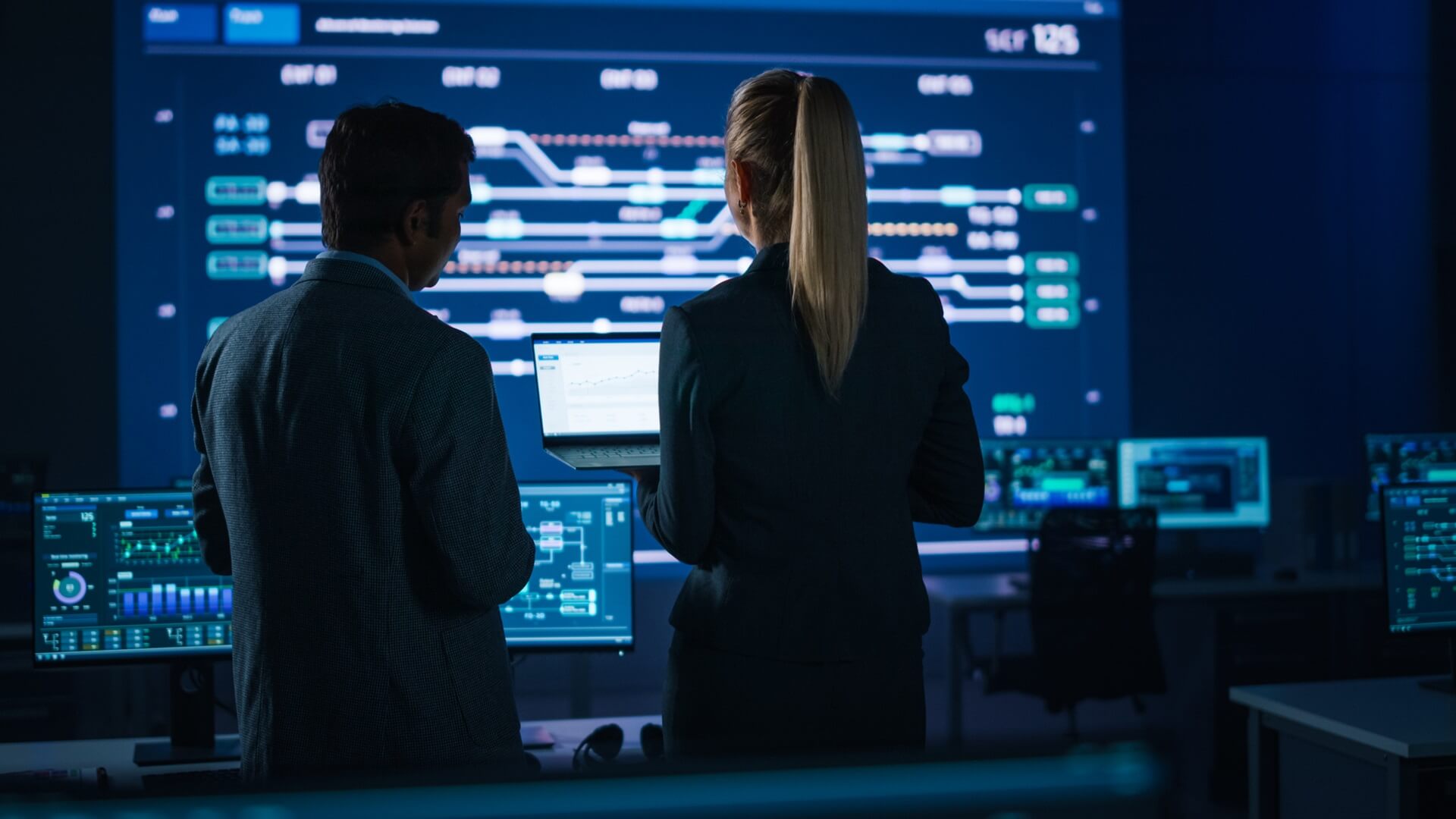Over the last few years, cybersecurity has become a major concern for businesses, regardless of the scale and nature of their operation. In a world where cyber threats are constantly evolving, it is critical that businesses raise their game by reviewing how fit for purpose their current security posture is in this new landscape, and then updating their security solutions accordingly. In the ever-expanding toolbox of solutions available to businesses, one of the most promising technologies on offer is, rather unsurprisingly, artificial intelligence (AI).
In fact, AI is already changing the game when it comes to B2B cybersecurity. Solutions that leverage machine learning algorithms in order to identify and respond to threats in real-time are already on the market. And with the power of these solutions to process and analyze immense amounts of data (including key metrics such as network traffic and user behavior) to detect the anomalous patterns that characterize cyber attacks, businesses are positively chomping at the bit at the opportunity to integrate these solutions into their cybersecurity toolboxes.
When it comes to AI-based cybersecurity solutions, one of the biggest draws is their ability to learn and adapt over time. As new threats emerge, AI algorithms can train themselves to recognize them, and adjust their defenses accordingly. This means businesses are now in a position to protect themselves from even the most advanced cyber attacks. What’s more, these new solutions give them the power to detect and respond to threats more quickly and effectively than ever before.
Another strong suit with AI-based cybersecurity solutions is their ability to automate many of the time-consuming tasks that have long been associated with managing a security system. Take AI algorithms, for example, which can automatically flag suspicious activity and generate alerts. This is particularly good news for security professionals, as it frees them up so that they can dedicate their time to the more strategic aspects of their work – especially beneficial for small businesses, which may lack the resources to hire a dedicated security team.
AI-based cybersecurity solutions can also help businesses to stay up to speed with regulations and standards, such as HIPAA (The Health Insurance Portability and Accountability Act) and PCI-DSS (The Payment Card Industry Data Security Standard). Regulations of this nature are in place to ensure that businesses have robust security measures which protect sensitive data, and AI-based solutions make short work of ensuring that these requirements are still met when the regulatory environment changes.
So, what can we expect from B2B AI-based cybersecurity solutions in the future? One exciting possibility is the integration of AI with other emerging technologies, such as blockchain. Blockchain technology’s rising credibility for providing a secure, decentralized way to store and transfer data makes it a match made in heaven for AI-based cybersecurity solutions. By combining the processing and learning power of AI with the security of blockchain, businesses stand to gain security systems which are unprecedented in their ability to flag, analyze, and defend against threats.
The Internet of Things (IoT) is also set to be a key point of focus for AI and cybersecurity. With millions of devices connected to the internet, the threat surface has changed beyond recognition, presenting a whole host of vulnerabilities and points of entry for malicious actors. By using AI to monitor and secure IoT devices, businesses can ensure that their networks remain secure even as their complexity spirals.
Of course, as with any new technology, there are also a number of risks to mitigate and challenges to overcome. One particular concern is the potential for false positives, particularly in the nascent stages of implementing AI. Learning takes time, even for AIs, and mistakes will most certainly be made. This may result in security teams wasting time and resources chasing down nonexistent threats.
There is also a high likelihood that hackers themselves may seek to harness the power of AI to launch even more sophisticated attacks, further complicating the cybersecurity landscape.
To mitigate these risks, businesses need to take a proactive approach to AI-based cybersecurity. This means businesses need to ensure that they are working with reputable vendors and staying up to date with the latest security trends and best practices. It also means they need to address the human factor by training employees, so that they are aware of the risks and know how to identify and respond to potential threats.
There is no doubt that AI-based cybersecurity solutions are the future of B2B security, and, while there are invariably going to be bumps in the road (as there always are when new technology comes around), businesses can mitigate these through careful planning and investment. As the digital age continues its inexorable march, one thing is clear – businesses that fail to invest in AI-based cybersecurity will be far less equipped in this new landscape to defend themselves, and their customers, from the increasingly sophisticated cyber threats that we are seeing.




